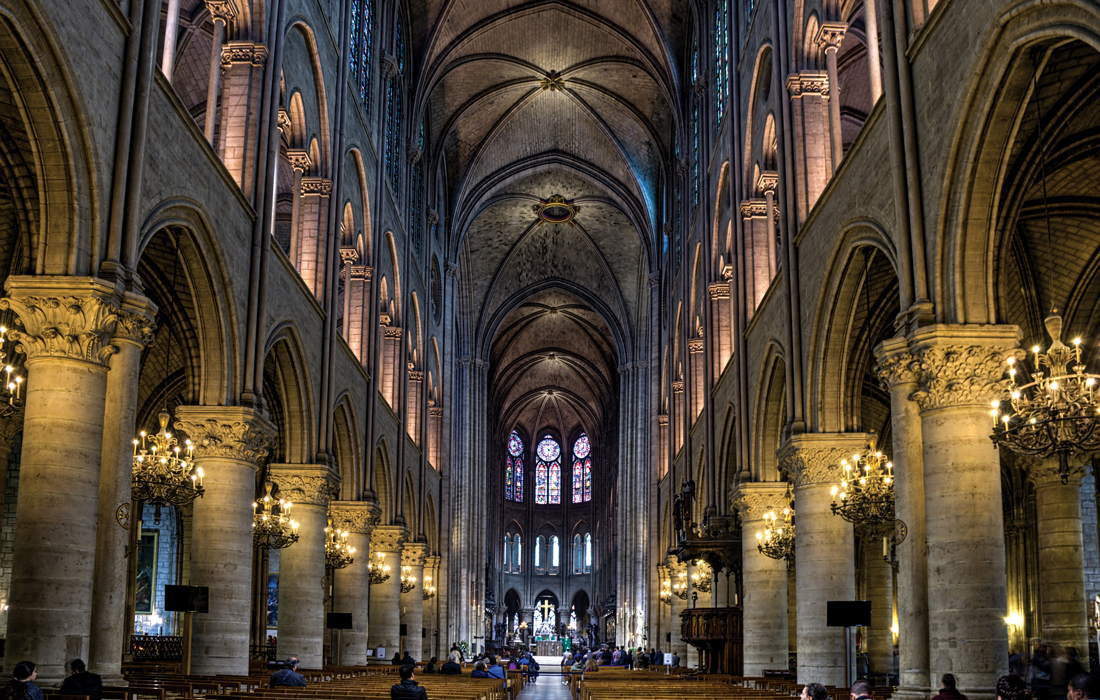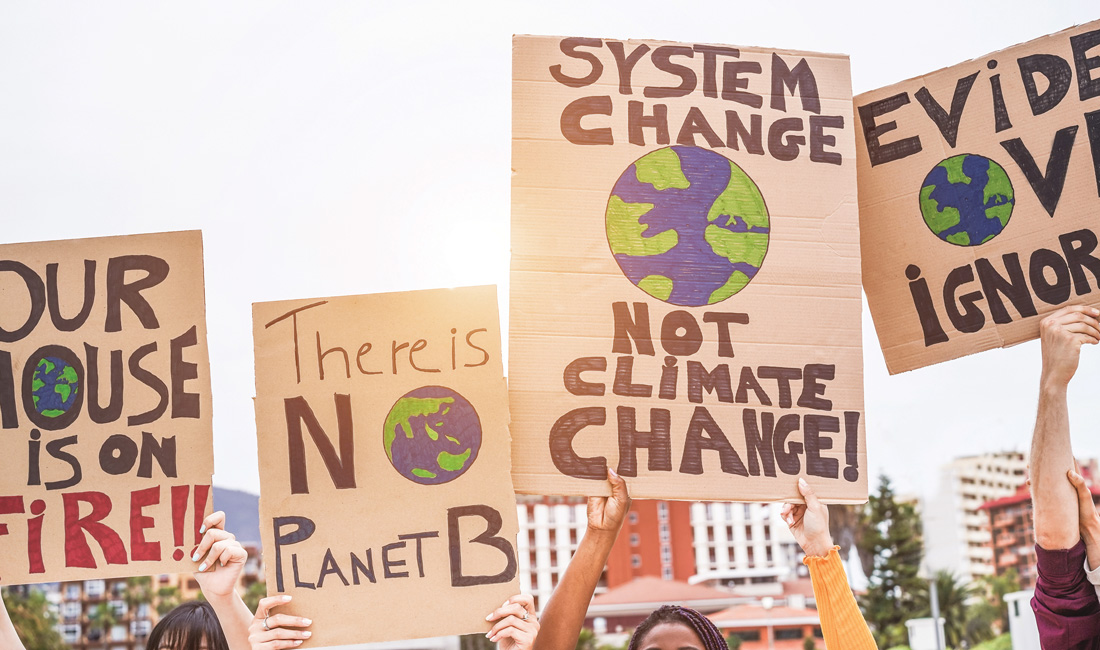In the tumultuous modern age, many of us find ourselves longing to run off into the woods, set up some solar panels, and drop out of society. Before you quit your job, sell your house, and head for the hills, take a look into the increasingly popular concept of sustainable communities.
For many decades, people all over the world have been opting out of a pre-designed consumption-driven life and chosen to instead live in intentional and sustainable communities. In the 1960s people withdrew into communes as a critique of social and political conventions. The idea of the commune has since evolved and adapted. Modern intentional communities are centered on ecological principles and philosophies of sustainability and environmental justice. Today, many are turning to that same form of protest by creating or joining ecovillages and intentional living communities to practice the sustainable lifestyle they believe in.

The term ‘eco-village’ rose to popularity in 1995 after an annual conference of intentional communities held in Scotland used the term as the central topic of the meeting. The idea took hold and ignited a lifestyle movement across the world in response to the rapid globalization currently taking place and the lack of long-term planning seen in many policies and attitudes. The Global Network of Ecovillages defines an ecovillage as “an intentional, traditional, or urban community that is consciously designed through locally owned participatory processes in all four dimensions of sustainability (social, culture, ecology, and economy) to regenerate social and natural environments.” The idea is that by building smaller communities within larger communities and eschewing the belief that perpetual economic growth is possible, we can build a culture of sustainability that is centered on the value of life instead of the value of a dollar.
Some dismiss the inhabitants of these villages and communities as too idealistic, though many others would beg the opposite. The motivation behind the establishment of ecovillages is the realization that endless consumption is an impossible dream. As our economic system trundles on full steam ahead, the negative social and environmental impacts caused by this relentless consumption are externalized, meaning these effects have no economic value and therefore hold no value inside the system. While this mentality dominates, there will never be any incentive to value the lives of the people of the world or to protect any of our natural resources.
One big way to act and make a difference is to step outside of the system. If you are looking for a powerful way to express your dissent towards the current state of society, seeking to make a change with like-minded individuals, or simply wanting to live more lightly on the planet, a sustainable community might be right for you.

The elements of a sustainable community include leadership, civic engagement and responsibility, ecological integrity, economic security, and social well-being, according to the Institute of Sustainable Communities. Those who are looking for a place that values equal opportunity between all members of a community, resilience against climate change, and that fights income inequality and social injustice may find their place in any of the sustainable communities spring up across the globe.
Many ecovillages and sustainable communities are built on three dimensions: spiritual, ecological, and social. Established intentional communities may have varying degrees of focus on each of these dimensions, though most incorporate all three. Auroville, in southern India, was founded on the idea of universal human unity and is now a world leader in green practices relating to plant-based water treatment, solar and wind energy, and food production. The EcoVillage at Ithaca, in New York, was founded as a non-profit to purchase land and now hosts a community focused on renewable energy and quality social connections. In the end, the common goal of these communities that focus on extending family networks and increasing quality social bonds, healing land through permaculture, or promoting mindfulness and inclusive spirituality is to build a world that values life and a sustainable relationship with our planet.

Most ecovillages and sustainable communities offer off-grid or renewable energy, community-grown produce, green spaces, shared tools and vehicles, and other cooperative services such as child care, schooling, and food preparation. Instead of adopting the lonely life of a hermit in the mountains, incorporating yourself and your family into one of these communities can bring the support and hope of like-minded individuals with diverse skills and backgrounds and make a real difference in influencing global culture and values.

Nearly 500 Ecovillages are registered with the Foundation for Intentional Community and are located around the world. Browsing through their directory lets you know which communities are open to visitors, which are accepting new members, and the specific lifestyles embodied by those communities. And, perhaps one day, no one will have to move in order to find themselves living in a healthy community that puts life and wellness above profit and power
By Elizabeth Muntean
TO STAY SAFE ONLINE – DO THIS
Healthy Parenting
Betsy DeVos plans to alter Title IX, nobody is happy.
Self-Care: A Spa for Your Mind
LOVE, SOUL, MATE AND CONNECTING WITH LIFE
A CLASSICAL BONDING CULTURE, CUISINE & THE CITY OF PARIS
POWER OF SOCIAL NETWORK IN INFLUENCING BUSINESS CHANGES.
HOW TO MAXIMIZE SOCIAL SECURITY WITH SPOUSAL BENEFITS
DEFINING AMERICAN CUISINE









